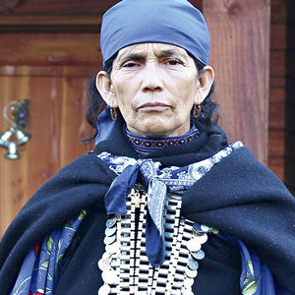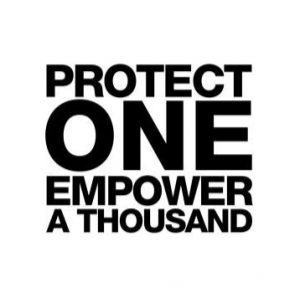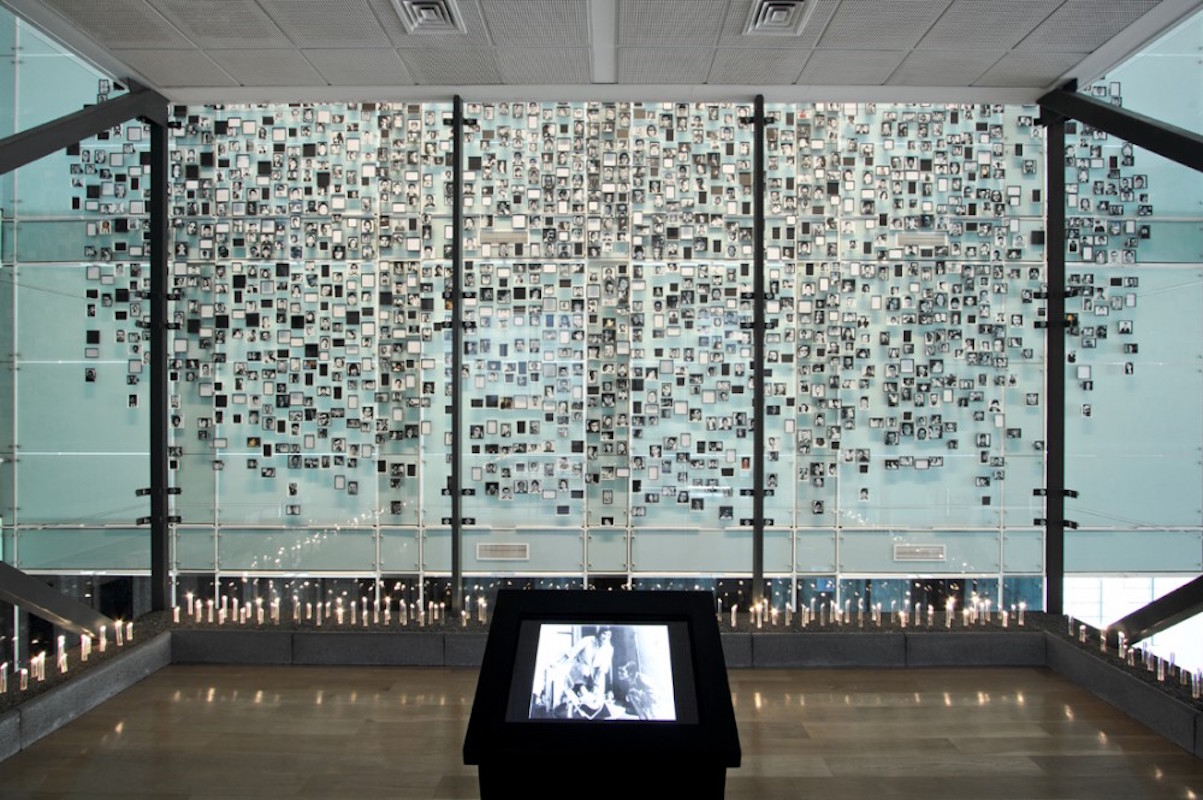
Machi Francisca Linconao
Machi Francisca Linconao is indigenous spiritual leader for the Mapuche People in Chile. As an indigenous leader, Machi works for the protection of the Mapuche people’s rights and their ancestral territories. In 2008, she submitted a protection action before the Supreme Court in Chile to stop illegal logging in sacred areas of the Chilean forest where medicinal plants used by Mapuche People grew. In her claim, Machi was the first indigenous rights defender in Chile to invoked International Labour Organization’s 169 Convention concerning Indigenous and Tribal Peoples, successfully enforcing the protection of indigenous peoples from an international human rights perspective.
In January 2013, Machi was violently detained by police forces at her house and forced to change her indigenous clothes, underminding her position and traditions as a Mapuche leader. For the past five years she has been strongly criminalised because of her work in the protection of indigenous and land rights in Chile.


